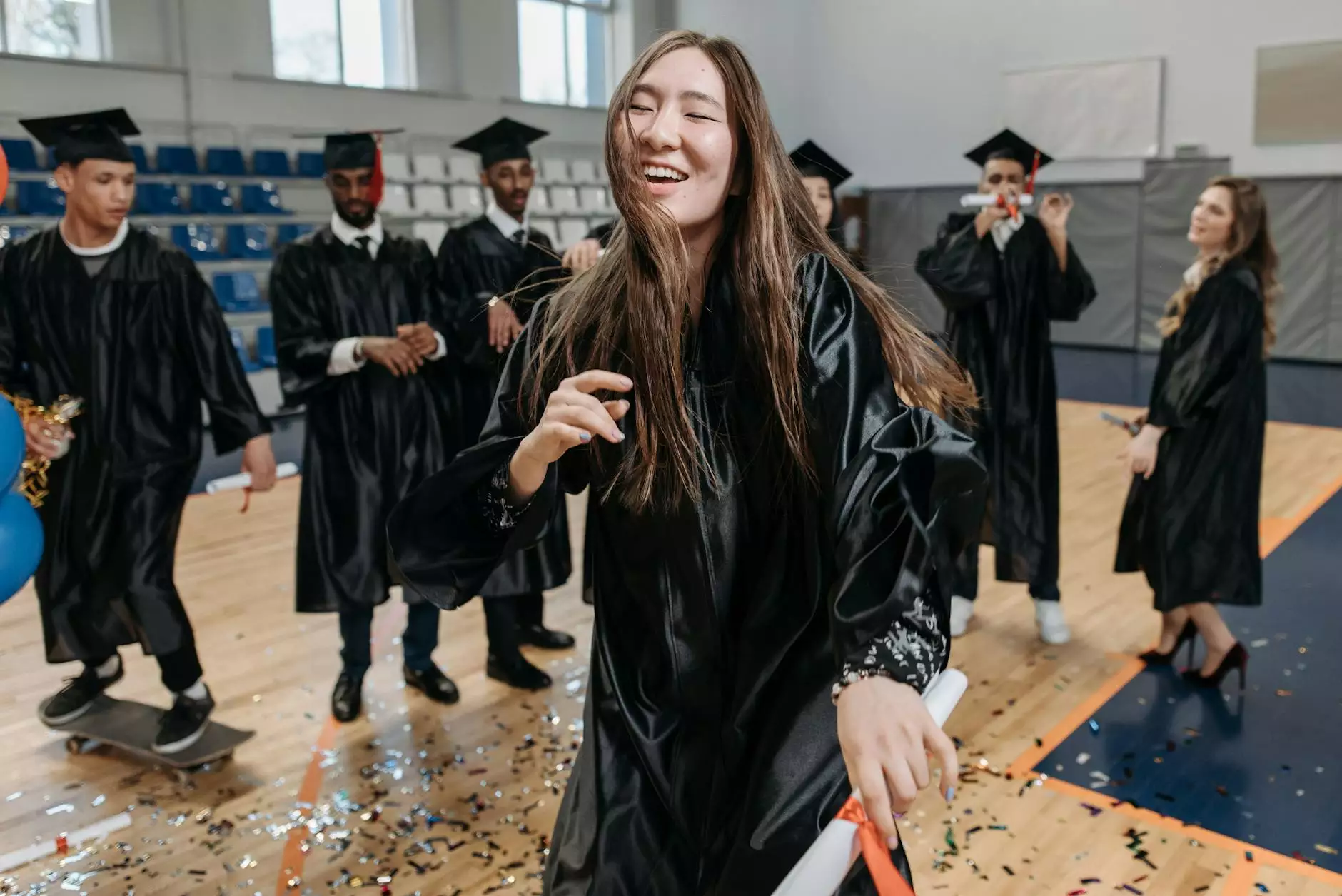Trump Victory Spurs Global Reaction from Educators and Students
Education Export Trends
At Los Angeles Spanish School, we believe in providing our students with the most up-to-date and relevant information, not just about language learning but also about current events that shape our world. Today, we delve into the global reaction from educators and students to President Donald Trump's victory in the 2016 United States presidential election.
Impact on Education
The outcome of the 2016 presidential election has sparked a wave of discussions and debates within the education sector. Teachers, professors, and educators from around the world are grappling with the implications of Trump's victory on their classrooms and institutions. This historic election sheds light on various facets that could influence the future of education:
- Educational Policies: The newly elected president's stance on issues such as immigration, funding, and campus safety have ignited concerns and uncertainties among educators. The potential impact of changes to existing policies has prompted deep reflections on how educational institutions can provide a safe and inclusive environment for all students.
- International Relations: Trump's presidency has significant global implications, particularly in the education sector. The relationship between the United States and other countries plays a vital role in international collaborations, student exchanges, and research programs. Educators and students now face the challenge of adapting to potential shifts in international relations.
- Social Justice and Diversity: The discussions surrounding Trump's campaign and policies have brought issues of social justice and diversity to the forefront of educational conversations. Many educators are working to create spaces that foster understanding, empathy, and respect, promoting inclusivity and combating any discrimination or prejudice that may emerge.
Reactions from Educators
From universities to primary schools, educators have been quick to express their opinions on the outcome of the election. While their perspectives may differ, they all share one common goal: shaping the future of education in a way that reflects their values and the needs of their students:
1. Adapting to Change
Educators understand the importance of adapting to change and meeting the evolving needs of students. They recognize that the election results may require adjustments in teaching strategies, curricula, and other educational approaches. This adaptability demonstrates their commitment to providing the best possible education for their students.
2. Encouraging Dialogue
Many educators view this election as an opportunity to engage students in meaningful dialogue and critical thinking. By encouraging open discussions in classrooms, they aim to develop well-informed individuals who can navigate a complex and politically diverse world. Through respectful debate, students gain a deeper understanding of democratic processes and the importance of active participation in society.
3. Strengthening Global Connections
The international educational community seeks to strengthen global connections and foster cross-cultural understanding, even in the midst of political changes. Educators aspire to provide opportunities for their students to engage in international collaborations, exchange programs, and projects that bridge cultural divides. These initiatives promote empathy and respect, cultivating global citizens who value diversity and cooperation.
Implications for Students
Students play a crucial role in shaping the future. Their reactions to the election results reflect their concerns, hopes, and aspirations for themselves and society as a whole:
1. Activism and Advocacy
Many students have responded to the election outcome by actively engaging in social and political movements. They organize protests, rallies, and awareness campaigns to voice their concerns and stand up for issues they believe in. By mobilizing and advocating for change, students show their commitment to shaping a more inclusive and just society.
2. Building Bridges
Some students view this as an opportunity to foster understanding and build bridges across diverse communities. They initiate dialogues, organize cultural exchange programs, and seek common ground with their peers from different backgrounds. By actively pursuing empathy and connection, they hope to contribute to a more harmonious and united society.
3. Seeking Knowledge
Students have turned to books, documentaries, research, and other sources to gain a deeper understanding of the political landscape and its impact on education. They demonstrate a thirst for knowledge and a commitment to staying informed. By immersing themselves in the complexities of the current political climate, students equip themselves to be informed and active citizens.
At Los Angeles Spanish School, we strive to provide our students with a supportive and inclusive learning environment. We understand the impact of global events on education and their wider implications. As students learn Spanish, they also gain a global perspective and develop skills that enable them to be empathetic, culturally aware, and informed individuals. Join our community today and embark on a transformative language learning journey that goes beyond words.
Conclusion
The global reaction from educators and students to President Donald Trump's victory has brought to the forefront crucial issues surrounding education, international relations, and social justice. As students and educators adapt, engage in dialogues, and seek knowledge, they contribute to shaping a world that reflects their values and aspirations. At Los Angeles Spanish School, we are committed to fostering a learning environment that prepares our students to navigate the complexities of the world and thrive in a diverse global society.




